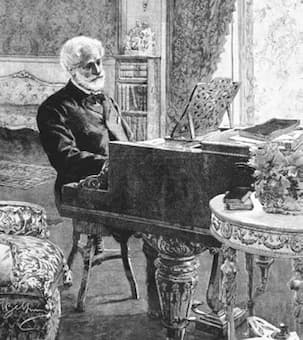Music occupies an important place in my life. Definitely also in yours. This morning, I was sitting on my porch and realized that it's kind of lonely around me. I really can’t live without music. I turned on my radio.
Well, people have different musical tastes depending on their age, education and even mood. Some people like classical music, others prefer rock, pop or jazz, but nobody is indifferent to it.
As for me, I used to sing in front of the mirror in my childhood. A pencil box served me as a microphone and I imitated a show on the stage. It was great fun! At the age of 9, I wanted to become a radio host. Not knowing then, that one day it will become true.
At present I can’t spend a day without music. In the morning I prefer fast rhythmic music. It’s like a cup of coffee or a cool shower that encourages you and freshens you up. So, since the early morning you are in a cheerful spirit and the forthcoming day seems to give many pleasant surprises. Isn’t it a great start to the day?
I am in a bad mood, so I turn to music. Nothing can help me better to forget about my problems than a merry song. Listen to your favourite melody and your spleen will disappear, and you are in a good temper again. What's my favorite melody? Well, I don't have one. Or something between Beethoven and the Apo Hiking Society.
After a hard working day I like to listen to some slow, beautiful melody. It helps me to relax and to forget about my tiredness.
My whole Filipino family cannot live without music. They listen to music, dance to music or learn to play musical instruments. There is music everywhere: at home, in the car, in a concert hall, in the park, at the seaside, in the forest and even in the street.
Music is not only a combination of pleasant sounds. It is an art which reflects life. Music reflects people’s ideas and emotions. My ideas and emotions. In this world of ours, filled with conflicts, tragedies, joys and hopes, music strives to speak to people of what is most important.
Music in the lives of different people is different: some compose music, others play music, and others only listen to it. A lot of people who cannot play any musical instrument love to listen to music either at home or at a concert. Different people like different kinds of music. I tried to "compose" my first pieces on the grand piano, when I was 11. Something between Beethoven's "Für Elise" and Freddy Aguilar's "Mindanao".
At the age of 7, I started collecting records. The then vinyl long plays. Later I got a lot of CDs. I downloaded music whenever I got the chance to. I tried to watch all the programmes dealing with it on TV and went to the concerts as often as possible.
Different people like different music. The scientists say that they can define your character if they know what music you like. For example, they suppose that people who listen to rock music are very clever and reasonable. British scientists confirm that most young people listen to aggressive music such as metal and rock. Scientists say that these people are good students, because of their character and assiduousness. I agree with this statement, because I think that music shows your soul and nature.
I always adored people who compose music and write poems. I think that such people are very talented. Also I believe that they can draw pictures and show their feelings by their music or poems. They can make you cry or laugh. Moreover they make you think about global problems or you may lie soft and just dream while you are listening to the music.
Nowadays we have relaxing music, which we use in medicine. More helpful than all kinds of music is classical music by such famous composers as Bach, Beethoven, Mozart and Vivaldy. I didn't expect that Filipinos would like (or even love!) this kind of classical music. Up to the day, I started hosting classical music radio shows.
The music I hate is heavy metal. I find it noisy and dreadful. When I listen to this style of music it presents to my mind pictures of dark days. Though some young people are fond of this style of music, it is not to everyone’s taste. To my mind, too loud music can do damage to our ears. I am indifferent to other styles of music. For example, I don’t mind listening to jazz. Improvisation is an important part of this style, that’s why a jazz song may sound a little different each time it is played. I think that jazz is a mixture of many different kinds of music, but I consider it a bit complicated.
My mother and father approve of my tastes in music. Though they prefer to listen to classical and “bard music”, they think that, on the whole, modern music is not too bad. My parents agree that each generation has its own tastes.
It goes without saying that music plays a very important role in people’s lives. It reflects our moods and emotions. Music appeals to our hearts and transforms our feelings. It conquers our souls and enriches our minds. Besides, listening to music is the perfect way to spend free time and not to feel bored. You can hardly find a person who doesn’t like or need music and who never sings or dances. Music is beauty in sounds; it is our magic source of inspiration.
Well, and then, one day during 2001, I was introduced to Philippine (Classical) Music. I was invited to several performances ... .
(To be continued)
Musik nimmt in meinem Leben einen wichtigen Platz ein. Und in Ihrem bestimmt auch. Heute Morgen saß ich auf meiner Veranda und merkte, dass ich mich irgendwie einsam fühle. Ich kann wirklich nicht ohne Musik leben. Ich schaltete mein Radio ein.
Tja, Menschen haben je nach Alter, Bildung und sogar Stimmung unterschiedliche Musikgeschmäcker. Manche mögen klassische Musik, andere bevorzugen Rock, Pop oder Jazz, aber niemandem ist sie gleichgültig.
Ich für meinen Teil habe in meiner Kindheit vor dem Spiegel gesungen. Eine Bleistiftschachtel diente mir als Mikrofon und ich imitierte eine Show auf der Bühne. Es hat großen Spaß gemacht! Mit 9 Jahren wollte ich Radiomoderatorin werden. Damals wusste ich noch nicht, dass dieser Wunsch eines Tages wahr werden würde.
Im Moment kann ich keinen Tag ohne Musik verbringen. Morgens bevorzuge ich schnelle, rhythmische Musik. Sie ist wie eine Tasse Kaffee oder eine kühle Dusche, die einen aufmuntert und erfrischt. So ist man schon am frühen Morgen gut gelaunt und der bevorstehende Tag scheint viele angenehme Überraschungen zu bieten. Ist das nicht ein toller Start in den Tag?
Ich bin schlecht gelaunt, also wende ich mich der Musik zu. Nichts hilft mir besser, meine Probleme zu vergessen, als ein fröhliches Lied. Hören Sie Ihre Lieblingsmelodie, und Ihre Wut verschwindet und Sie sind wieder gut gelaunt. Was ist meine Lieblingsmelodie? Nun, ich habe keine. Oder etwas zwischen Beethoven und der Apo Hiking Society.
Nach einem harten Arbeitstag höre ich gerne eine langsame, schöne Melodie. Sie hilft mir, mich zu entspannen und meine Müdigkeit zu vergessen.
Meine ganze philippinische Familie kann nicht ohne Musik leben. Sie hören Musik, tanzen zur Musik oder lernen, Musikinstrumente zu spielen. Überall gibt es Musik: zu Hause, im Auto, in einem Konzertsaal, im Park, am Meer, im Wald und sogar auf der Straße.
Musik ist nicht nur eine Kombination angenehmer Klänge. Sie ist eine Kunst, die das Leben widerspiegelt. Musik spiegelt die Ideen und Emotionen der Menschen wider. Meine Ideen und Emotionen. In unserer Welt voller Konflikte, Tragödien, Freuden und Hoffnungen versucht die Musik, den Menschen das Wichtigste mitzuteilen.
Musik ist im Leben verschiedener Menschen unterschiedlich: Einige komponieren Musik, andere spielen Musik und wieder andere hören sie nur. Viele Menschen, die kein Musikinstrument spielen können, hören gerne Musik, entweder zu Hause oder bei einem Konzert. Verschiedene Menschen mögen verschiedene Arten von Musik. Ich habe mit 11 versucht, meine ersten Stücke auf dem Flügel zu „komponieren“. Irgendetwas zwischen Beethovens „Für Elise“ und Freddy Aguilars „Mindanao“.
Mit 7 Jahren begann ich, Schallplatten zu sammeln. Damals waren es Vinyl-Longplays. Später bekam ich viele CDs. Ich lud Musik herunter, wann immer ich die Gelegenheit dazu hatte. Ich versuchte, alle Sendungen im Fernsehen anzuschauen, die sich damit befassten, und ging so oft wie möglich zu Konzerten.
Verschiedene Menschen mögen unterschiedliche Musik. Die Wissenschaftler sagen, dass sie Ihren Charakter definieren können, wenn sie wissen, welche Musik Sie mögen. Sie gehen zum Beispiel davon aus, dass Menschen, die Rockmusik hören, sehr schlau und vernünftig sind. Britische Wissenschaftler bestätigen, dass die meisten jungen Menschen aggressive Musik wie Metal und Rock hören. Wissenschaftler sagen, dass diese Menschen aufgrund ihres Charakters und ihrer Beharrlichkeit gute Schüler sind. Ich stimme dieser Aussage zu, weil ich glaube, dass Musik unsere Seele und unsere Natur zeigt.
Ich habe immer Menschen bewundert, die Musik komponieren und Gedichte schreiben. Ich glaube, dass solche Menschen sehr talentiert sind. Ich glaube auch, dass sie Bilder zeichnen und ihre Gefühle durch ihre Musik oder Gedichte ausdrücken können. Sie können einen zum Weinen oder Lachen bringen. Außerdem bringen sie einen dazu, über globale Probleme nachzudenken, oder man liegt weich da und träumt einfach, während man die Musik hört.
Heutzutage haben wir entspannende Musik, die wir in der Medizin verwenden. Hilfreicher als alle Arten von Musik ist klassische Musik von so berühmten Komponisten wie Bach, Beethoven, Mozart und Vivaldi. Ich hätte nicht erwartet, dass Filipinos diese Art klassischer Musik mögen (oder gar lieben!) würden. Bis zu dem Tag, an dem ich anfing, Radiosendungen mit klassischer Musik zu moderieren.
Die Musik, die ich hasse, ist Heavy Metal. Ich finde es laut und schrecklich. Wenn ich diese Art von Musik höre, kommen mir Bilder dunkler Tage in den Sinn. Obwohl einige junge Leute diese Art von Musik mögen, ist sie nicht jedermanns Geschmack. Meiner Meinung nach kann zu laute Musik unsere Ohren schädigen. Andere Musikrichtungen sind mir gleichgültig. Ich habe zum Beispiel nichts dagegen, Jazz zu hören. Improvisation ist ein wichtiger Teil dieses Stils, deshalb kann ein Jazzsong jedes Mal, wenn er gespielt wird, ein wenig anders klingen. Ich denke, dass Jazz eine Mischung aus vielen verschiedenen Arten von Musik ist, aber ich halte ihn für etwas kompliziert.
Meine Mutter und mein Vater sind mit meinem Musikgeschmack einverstanden. Obwohl sie lieber klassische und „Bardenmusik“ hören, finden sie, dass moderne Musik im Großen und Ganzen nicht so schlecht ist. Meine Eltern stimmen zu, dass jede Generation ihren eigenen Geschmack hat.
Es versteht sich von selbst, dass Musik eine sehr wichtige Rolle im Leben der Menschen spielt. Sie spiegelt unsere Stimmungen und Emotionen wider. Musik spricht unsere Herzen an und verwandelt unsere Gefühle. Sie erobert unsere Seelen und bereichert unseren Geist.

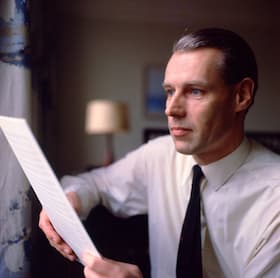
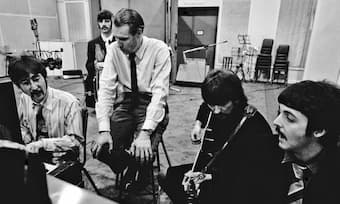
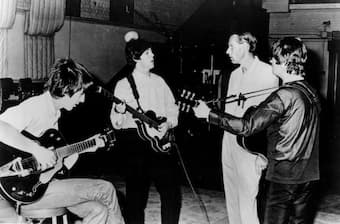
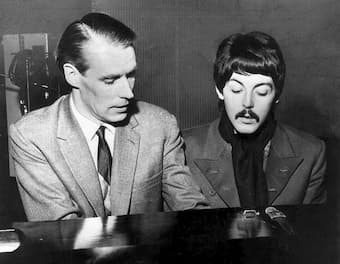





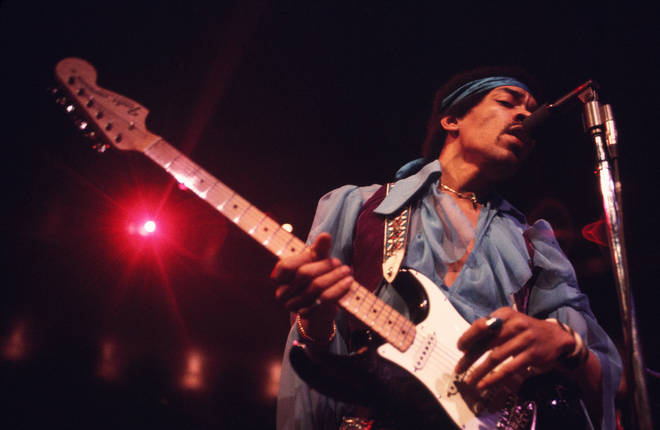
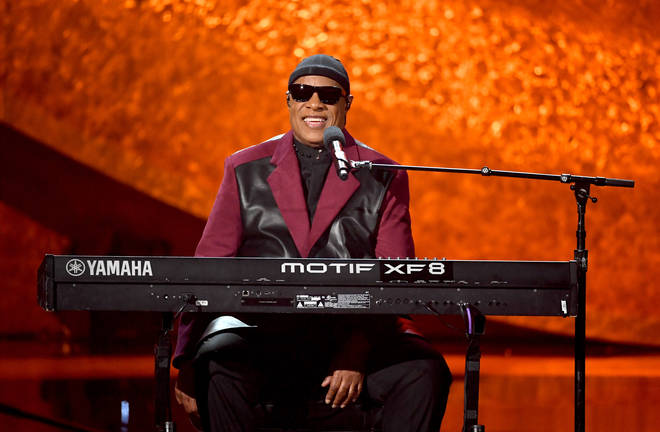
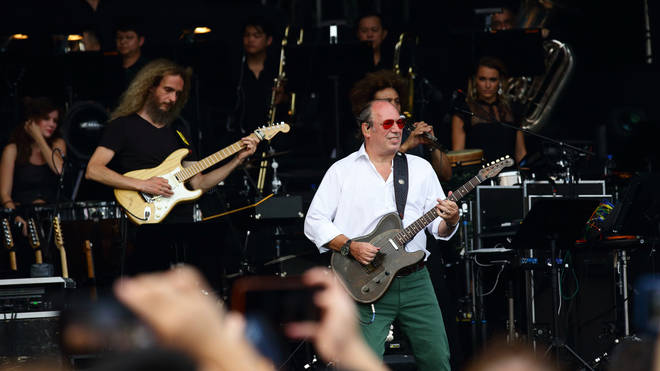
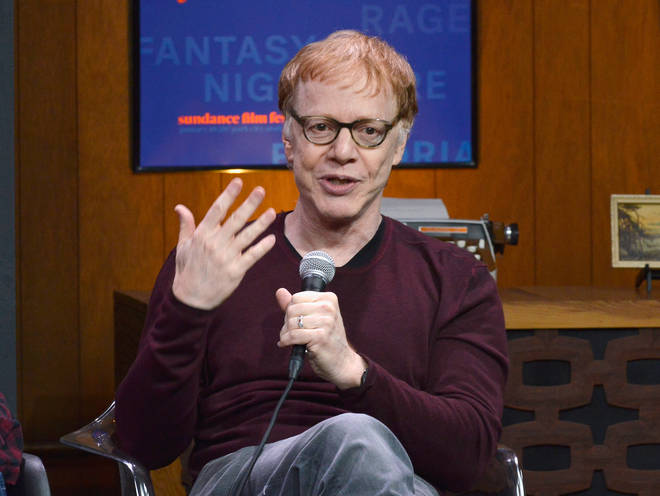

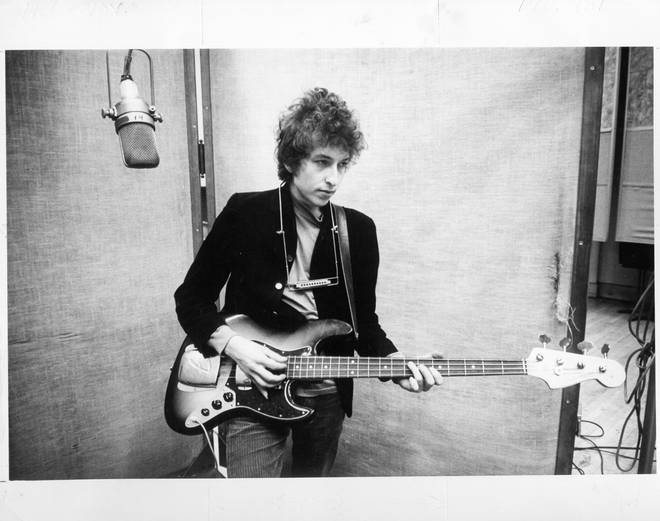
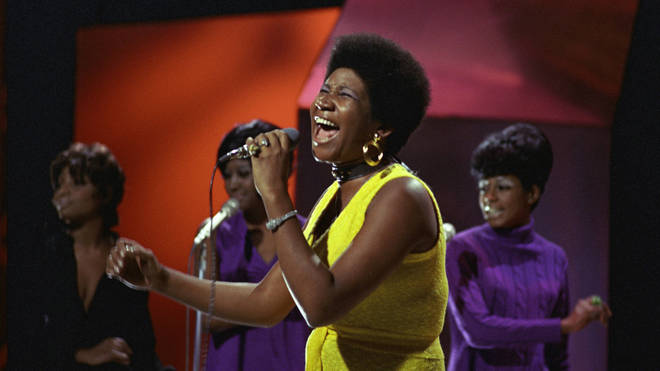
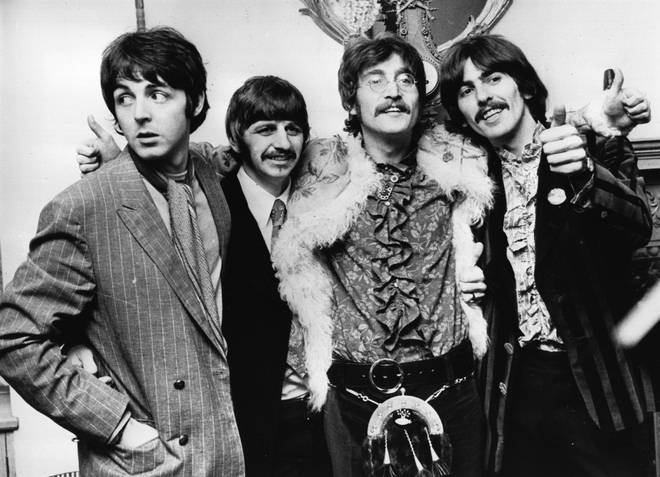
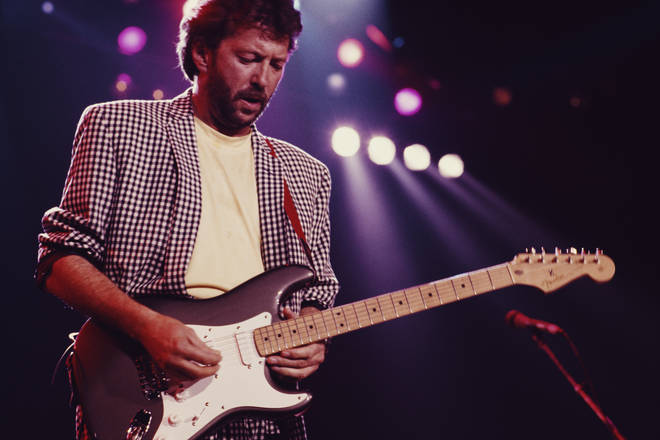
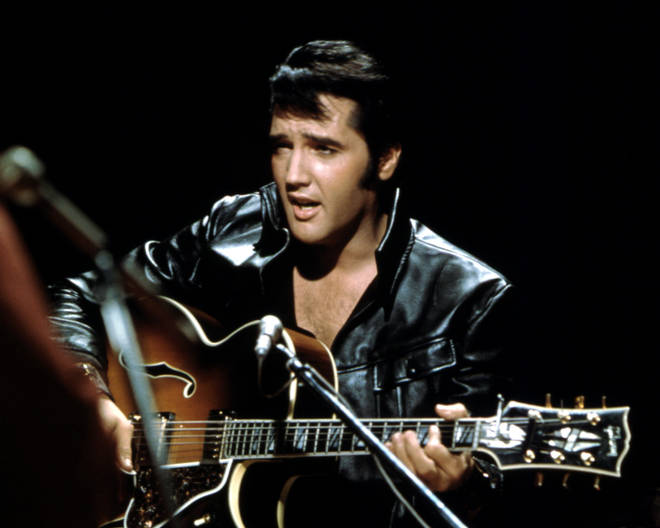

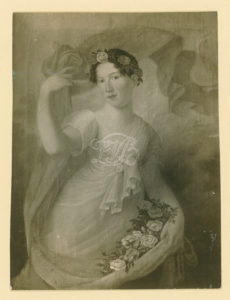
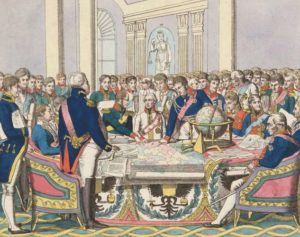
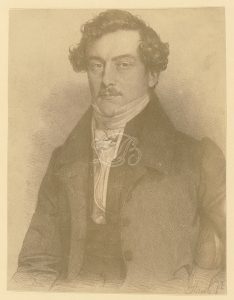
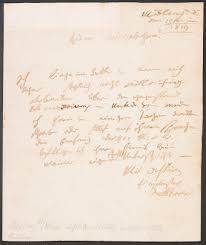
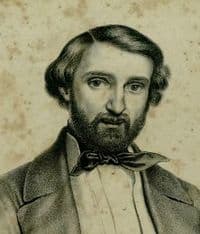
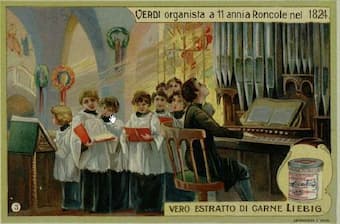
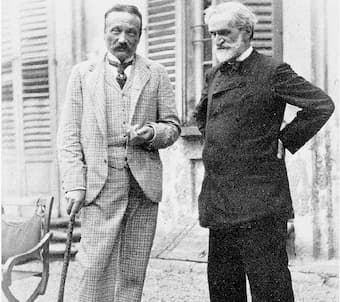

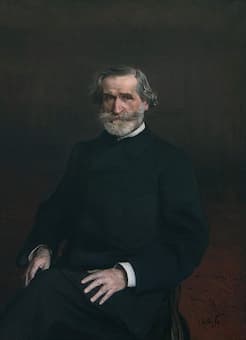 Verdi described the setting of the “Ave Maria” as Scala enigmatica armonizzata a Quattro voci miste (Enigmatic scale, harmonized for four mixed voices). This enigmatic scale spans an octave and rises by a semitone and by an augmented second. It is followed by three whole tone and two semitones. It descends with two semitones followed by one whole tone and an augmented second. From there a semitone, the original augmented second, and finally a semitone concludes the descending version of Verdi’s enigmatic scale. The scale is first heard in the bass, both ascending and descending, and then in the alto, tenor and the soprano. It sounds like a harmonic and contrapuntal exercise, and originally it was not part of the Quattro pezzi sacri, but eventually the publisher Ricordi included it in the set.
Verdi described the setting of the “Ave Maria” as Scala enigmatica armonizzata a Quattro voci miste (Enigmatic scale, harmonized for four mixed voices). This enigmatic scale spans an octave and rises by a semitone and by an augmented second. It is followed by three whole tone and two semitones. It descends with two semitones followed by one whole tone and an augmented second. From there a semitone, the original augmented second, and finally a semitone concludes the descending version of Verdi’s enigmatic scale. The scale is first heard in the bass, both ascending and descending, and then in the alto, tenor and the soprano. It sounds like a harmonic and contrapuntal exercise, and originally it was not part of the Quattro pezzi sacri, but eventually the publisher Ricordi included it in the set.